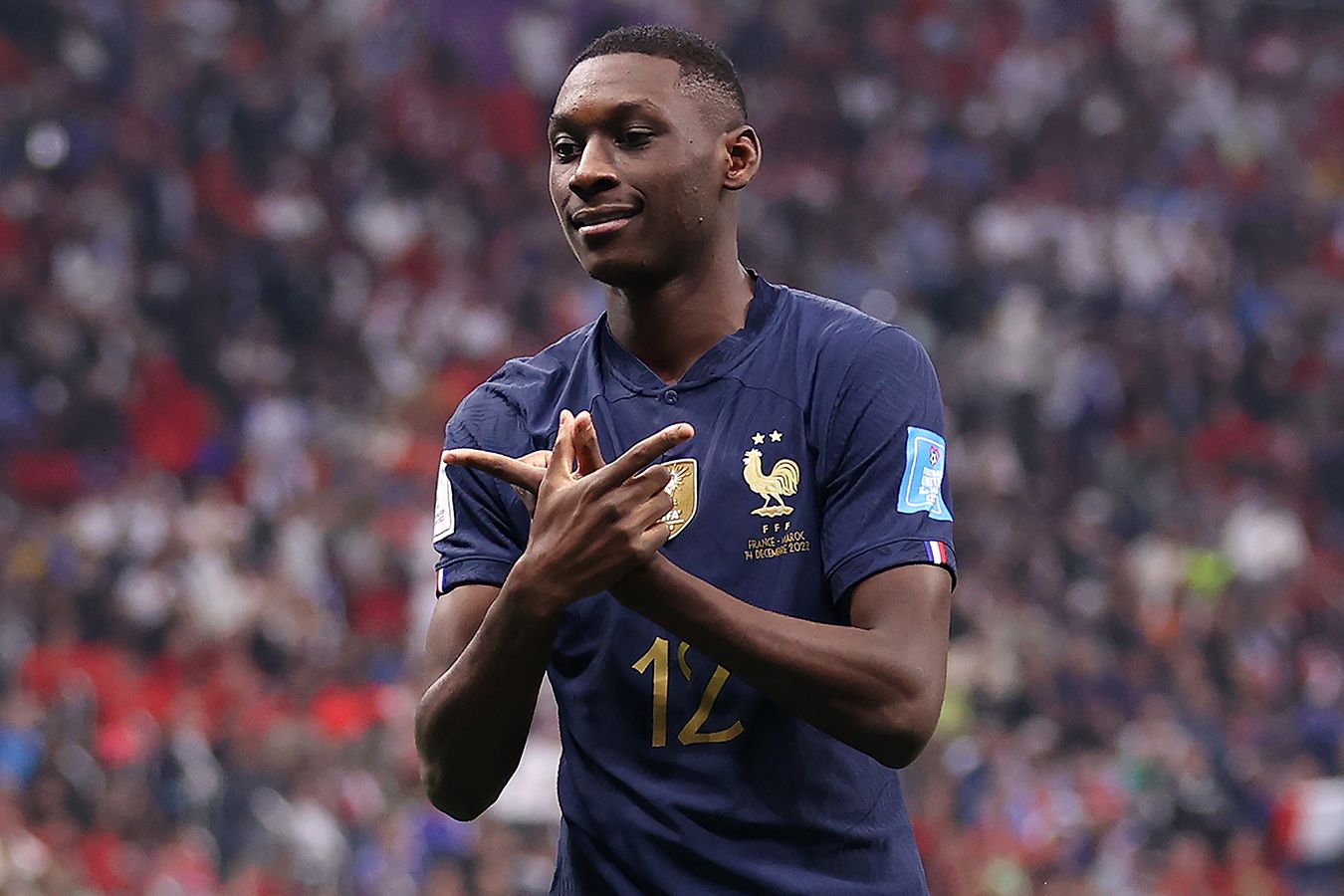As the summer transfer window progresses, the annual ballet of speculation, negotiation, and outright drama plays out across Europe`s top football leagues. Clubs are scrambling to fortify their squads, and the pursuit of a prolific striker often dominates the narrative. Among the names frequently whispered in the corridors of power is Randal Kolo Muani, a forward whose blend of pace, power, and finishing ability has made him a coveted asset. However, a recent, rather emphatic, development has introduced a significant plot twist to this ongoing saga.
The Striker`s Defiance: A Firm `No`
In a turn of events that has left many prominent clubs, including Italian giants Juventus, in a tactical quandary, reports indicate that Kolo Muani has delivered a clear and decisive message: he intends to remain at his current club. This isn`t merely a preference; it`s being interpreted as a resolute stance, akin to an unequivocal dismissal of advances from various suitors. Such a defiant position, publicly reinforced by figures like sports journalist Sandro Sabatini who stated, «He`s right to want to stay,» underscores the player`s conviction and, perhaps, his agent`s strategic leverage.
For Juventus, perpetually in search of optimal offensive solutions, this development represents a notable recalibration of their transfer objectives. The club has been a consistent participant in the speculation surrounding Kolo Muani, viewing him as a potential complementary force or even an upgrade in their attacking line-up. With this unexpected pivot from the player, the Bianconeri are now compelled to reassess their strategy, intensifying their focus on alternative targets in a rapidly tightening market.
Fan Frustration and Strategic Shifts
The sentiment among the fanbase, particularly those deeply invested in Juventus` fortunes, reflects a mix of frustration and critical analysis. Debates are rampant regarding the efficacy of current striking options, primarily Dusan Vlahovic, whose contributions often spark passionate discussions. While some defend Vlahovic`s capabilities, asserting his status as a top European striker, others argue for the necessity of fresh talent, citing Kolo Muani`s potential to offer a different dimension to the team`s attack. The very notion that Vlahovic «doesn`t play football» is a stark, if somewhat hyperbolic, illustration of this internal division.
This situation also highlights Juventus` historical challenges in the transfer market, prompting reflections on past decisions and the urgent need to reclaim their position as strategic leaders rather than reactive participants. The Kolo Muani development serves as a reminder that securing top talent often hinges not just on financial muscle, but also on astute timing, persuasive negotiation, and, crucially, a player`s unpredictable personal will. As one fan aptly put it, there will undoubtedly be «many more plot twists between now and the end of August.»
The Ripple Effect: Beyond Turin
Kolo Muani`s decision isn`t an isolated incident; it creates a ripple effect across the European transfer landscape. When a player of his caliber firmly shuts the door on a potential move, clubs are forced to pivot, redirecting their attention and considerable resources towards other available options. Names like Benjamin Sesko and Jonathan David, previously mentioned as alternatives by supporters, might now find themselves propelled further up recruitment lists as the dominoes begin to fall.
The unpredictability of the summer transfer window remains its most enduring characteristic. While clubs strive for calculated precision, the human element—a player`s desire, an agent`s ambition, or a club`s unwavering stance—often introduces an element of delightful chaos. Kolo Muani`s firm declaration is a case in point, reminding us that in the high-stakes world of football transfers, even the most well-laid plans can be sent, quite emphatically, to the drawing board.

